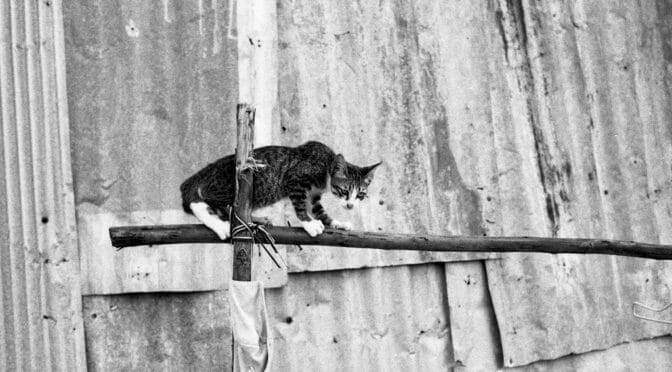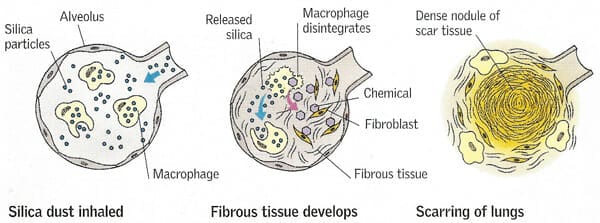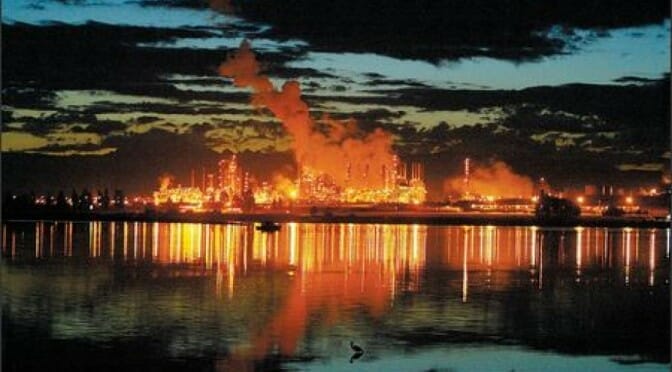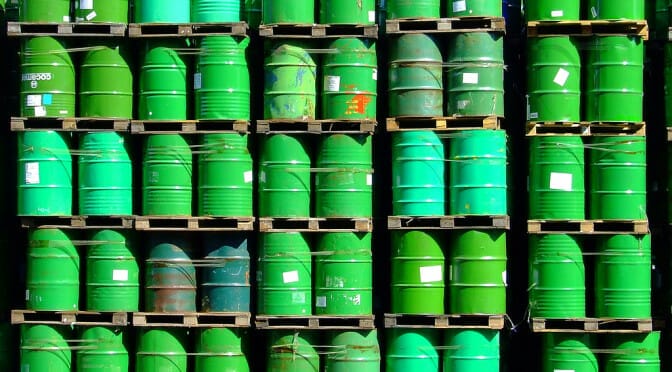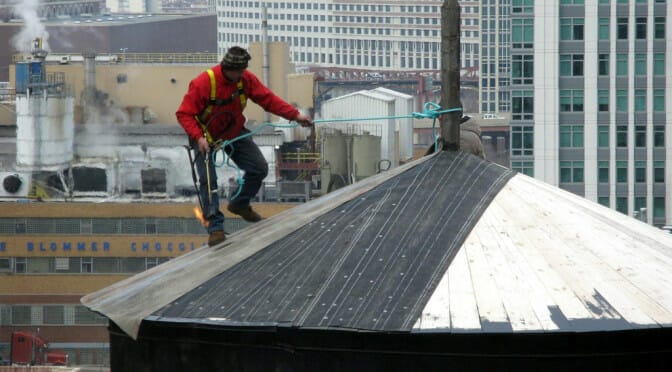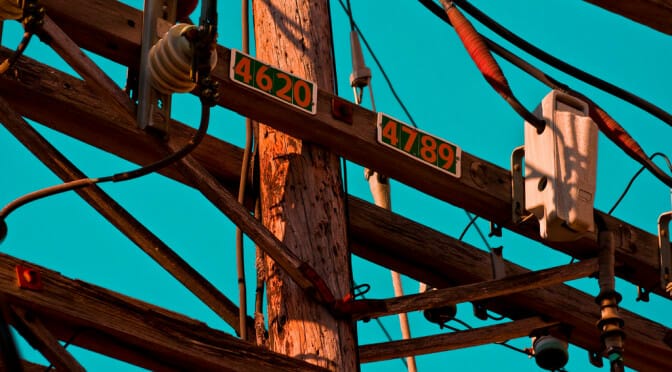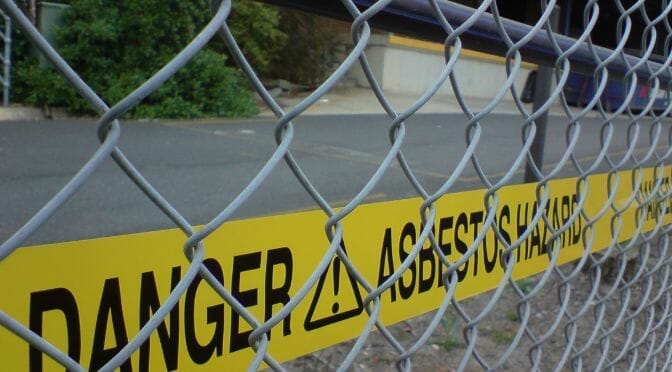The WA Department of Labor and Industries issued a press release noting that a Mukilteo, WA roofing company faces large fines for multiple safety violations that exposed workers to potential falls from more than 30 feet high and other hazards at job sites in Issaquah and Vancouver.
The Washington State Department of Labor & Industries (L&I) has cited America 1st Roofing & Builders Inc., for 21 safety violations in all, found during four separate inspections. In total, the company faces $645,540 in penalties.
During the inspections, L&I discovered eight violations of rules that require proper fall protection equipment and work plans to protect employees working 10 feet off the ground or more. L&I inspectors saw employees working 11 to 18 feet off the ground. Based on the company’s history and prior knowledge of the hazards and regulations, these violations were cited as “willful,” each with a penalty of $66,000.
A ninth violation was also cited as willful with the maximum legal penalty of $70,000, after one inspection found an employee working unprotected on a rooftop 32 feet off the ground.
The inspections began in August 2016, when an L&I investigator saw a worker on the roof of a three-story home under construction. America 1st has been cited for repeat-serious violations of fall protection rules at least six times in the last three years.
“Seven construction workers fell to their deaths last year in our state,” said Anne Soiza assistant director for L&I’s Division of Occupational Safety and Health. “Falls are the leading cause of construction worker deaths and hospitalizations, and yet they’re completely preventable by using proper fall protection and following safe work practices.”
Along with the fall protection violations, America 1st was cited for unsafe ladder use; not ensuring walk-around safety inspections at the beginning of each job and weekly; not requiring hard hats when working under overhead hazards; scaffold safety; not having an accident prevention program; and for not having someone with first-aid training at the worksite.
The company has appealed, and the appeals are pending.
A serious violation exists when there’s a substantial probability that worker death or serious physical harm could result from a hazardous condition. A willful violation can be issued when L&I has evidence of plain indifference, a substitution of judgment or intentional disregard of a hazard or rule.
For a copy of the citation, contact Public Affairs at 360-902-5413.
Photo credit: Sailing “Footprints: Real to Reel” (Ronn ashore) via Foter.com / CC BY-NC-ND
